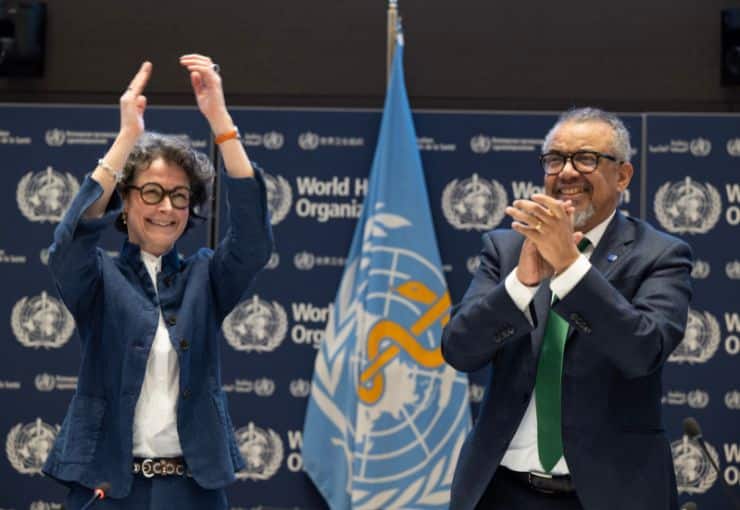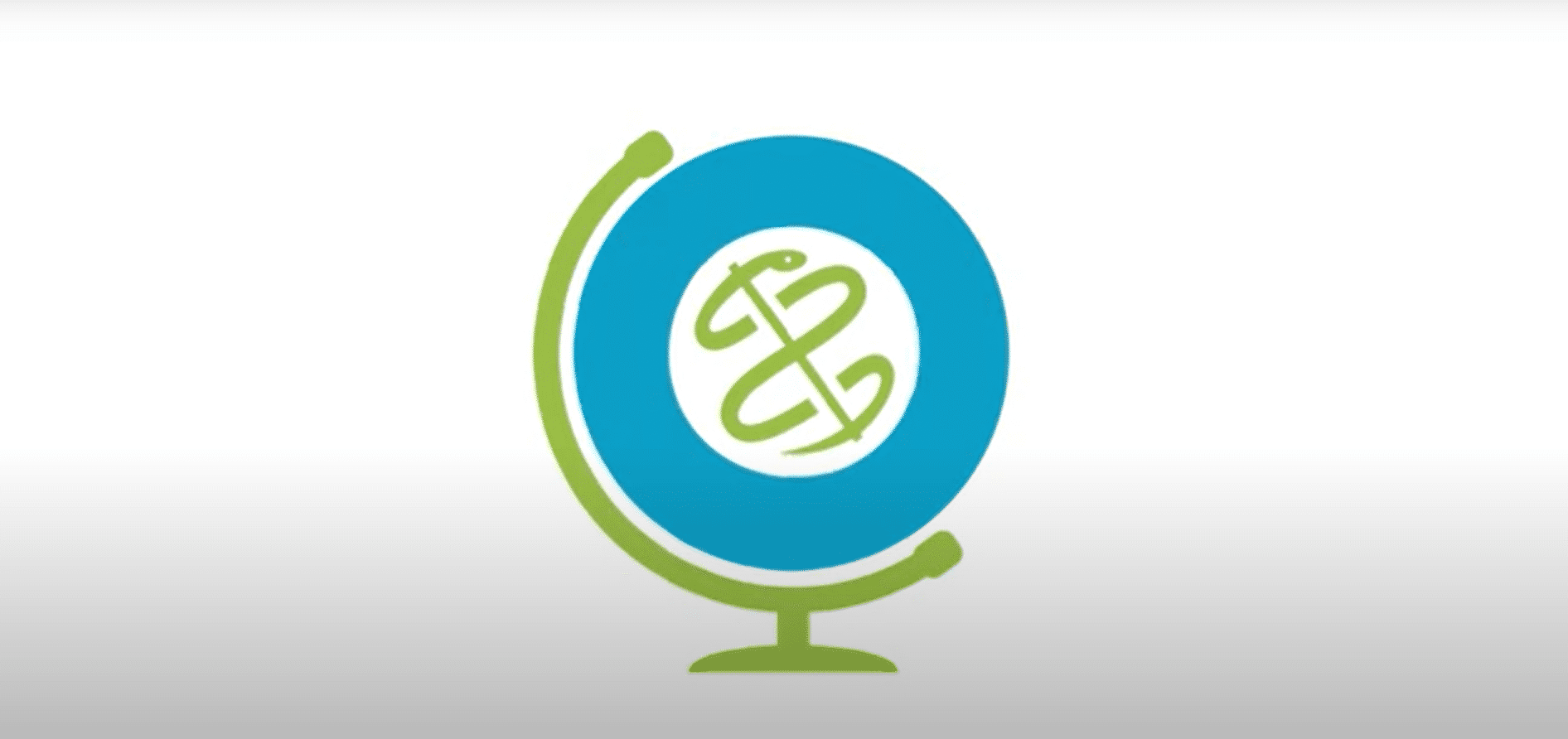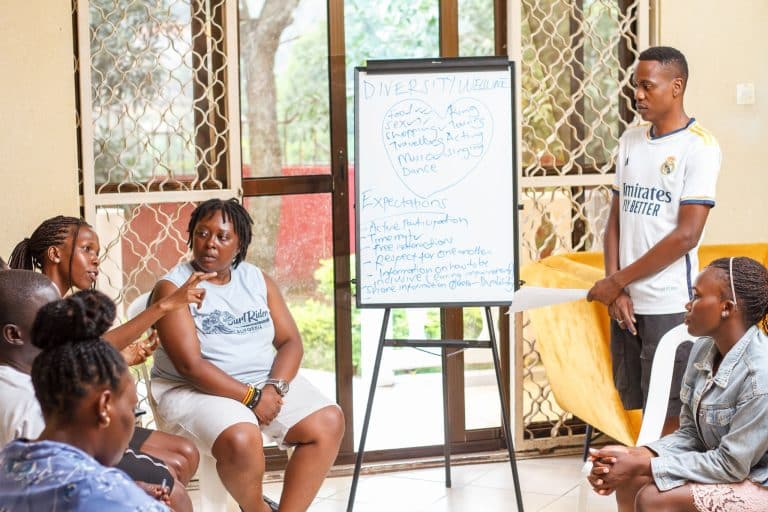Up next was the first keynote speaker, Professor Brigit Toebes (University of Groningen), who entangled this concept of the right to health in a flawless and clear manner, explaining how health and human rights are related to each other in diverse ways.
Her passionate presentation was followed by an inspiring and genuine speech by second keynote speaker Denise Namburete (N’weti), who came all the way from Mozambique to share her compelling story: ‘Universal Health Coverage – where did we get lost?’ While acknowledging the importance of a shared set of goals and a common vision by the global community, she emphasized the gap between written policies and action, highlighting the relevance of contextual differences.
In her own words:
“I think we got lost in hiding the narrative of universal health coverage in philanthropy, in solidarity and charity, while playing down the weigh and importance of the political economy of health as a business. Politics do matter. And by politics I mean it in the broadest sense, including human rights, governance, transparency as well as accountability.”
Thought-provoking subsessions
With diverse presentations from both invited speakers and Wemos’ global health advocates during subsequent break-out sessions, the day unfolded into open dialogues centred mostly around Wemos’ key thematic areas: finance for health, health workers and access to medicines. The separate sessions on each theme resulted in vivid discussions about the development of each global health theme throughout the past, with guests and speakers exchanging their insights about possible future scenarios.
Attendees were quick to take their seats at the session “How to create equal access to affordable medicines”, moderated by Professor Hans Hogerzeil (University of Groningen) and with panellists Tim Reed (HAI), Wilbert Bannenberg (Pharmaceutical Accountability Foundation) and Wemos’ global health advocate Ella Weggen. With both panellists and guests having extensive work experience on topics like socially responsible licencing, the system of medicine development, and pharmaceutical accountability, we had a meaningful discussion about the past, present and future of access to medicines.
During “Private sector instruments in health: a true win-win?”, moderated by our global health advocate Mariska Meurs, Wemos colleague Barbara Fienieg and Oxfam Novib representative Anna Marriott presented two cases on the increase in aid instruments for private for-profit sector actors in a well-illustrated way, leading to an interactive and lively discussion.
Wemos’ global health advocate Corinne Hinlopen moderated the session “Who cares for our carers? Towards a strong, sustainable health workforce”, discussing the current global health workforce crisis, with panellists Ibadat Dhillon (WHO), Stijntje Dijk (IFMSA), Francis Bolle (V&VN) and Wemos colleague Amanda Banda. Our colleague Myria Koutsoumpa shared her personal story of working as a health care worker in Greece and Scotland before joining Wemos as a global health advocate.
Finally, the well-attended session “Demystifying Lobby & Advocacy”, moderated by David Patterson (Health, Law and Development Consultants), and with Joost van der Meer (PHESTA), Denise Namburete, and Nathalie Rhodes (UAEM) as panelists, was an open and informal discussion round, which gave room for participants to exchange their different experiences with advocacy and lobby practices in a broad range of settings.
The Wemos team is grateful for everyone who participated in the congress – guests, speakers and moderators – and made it such an interesting and enjoyable day!
Want to find out more about our programs? Visit our knowledge platform here
Want to read more about our values, mission and approach? Find our Strategy for 2019-2023 here






